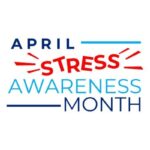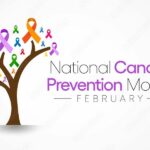High Rates of Opioid Addiction Stressing Hospital Emergency Rooms

A March 2016 Medscape article profiles the rising problem that U.S hospitals are facing as larger numbers of opioid addicted people seek emergency room help.
Hospital professionals are witnessing that many who present for help are just not ready to stop opioid misuse. In regard to injecting water-soluble drugs, Dr. Theisen-Toupal of the VA Medical Center in Washington, DC is quoted as saying …
I’ve had patients use pond water. I’ve had patients use toilet-bowl water. I had a patient actually use water from a puddle on the side of the road.
Medscape writes that over 750,000 individuals were seen in hospital ER’s in 2011 for opioid addiction. Dr. Theisen-Toupal is an advocate for the use of methadone in the treatment of opioid addiction. He believes that treatment must also address associated psychosocial factors like homelessness, stigmatization, unemployment, and criminal activity.
Dr. Michael Miller, former president of ASAM (American Society of Addiction Medicine), says that patients who do not seek help stand little chance of turning the recovery corner by themselves. He cites patients’ lack of education on managing addiction and withdrawal as a key factor in suffering with years of active addiction.
Because relapse rates are so high with opioid addiction, it is imperative that hospitals coordinate outpatient care for individuals who present for services says Akikur Mohammad, MD, an addiction psychiatrist in Malibu, California.
Also of interest this month was the conclusion of the recent North Carolina Opioid Summit held in Statesville, NC. Dr. Jana Burson attended the conference and had many positive things to say about the information shared there on treating opioid addiction. She was particularly impressed with the NC Harm Reduction Coalition program in Wilmington, NC called LEAD (Law Enforcement Assisted Diversion). This program aims to help addicted people (charged with criminal offenses) have an opportunity to achieve recovery through an intensive treatment program instead of going directly into the prison system. The LEAD program endorses the use of medication-assisted treatments (such as methadone and buprenorphine).











